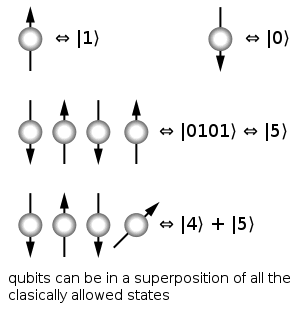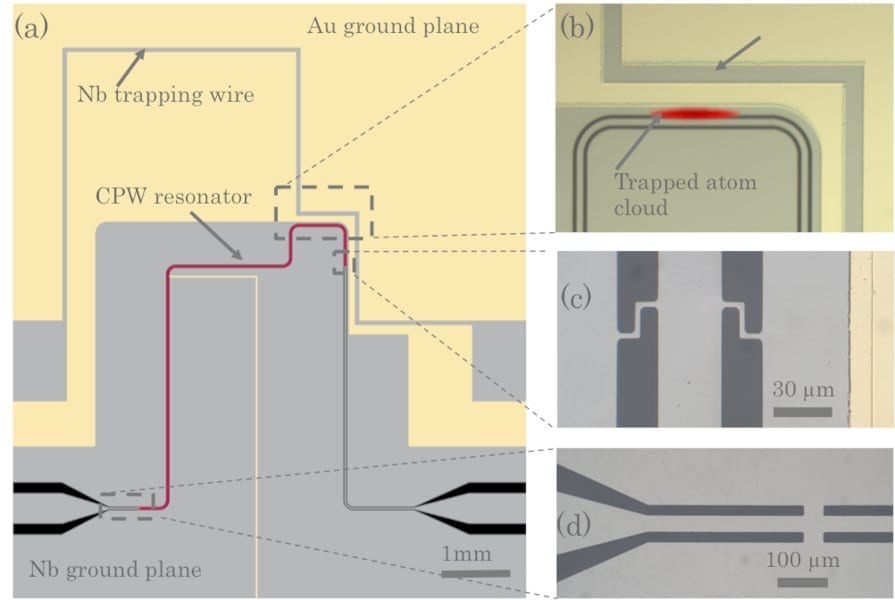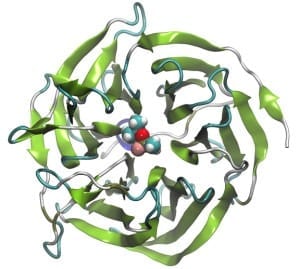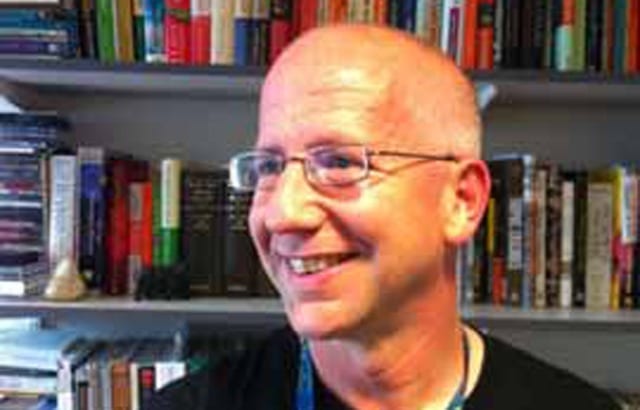The proposed Microsoft computer is mind-bending even by the standards of the mostly hypothetical world of quantum computing.
Modern computers are not unlike the looms of the industrial revolution: They follow programmed instructions to weave intricate patterns. With a loom, you see the result in a cloth or carpet. With a computer, you see it on an electronic display.
Now a group of physicists and computer scientists funded by Microsoft is trying to take the analogy of interwoven threads to what some believe will be the next great leap in computing, so-called quantum computing.
If the scientists are right, their research could lead to the design of computers that are far more powerful than today’s supercomputers and could solve problems in fields as diverse as chemistry, material science, artificial intelligence and code-breaking.
They met here this weekend to explore an approach to quantum computing that is based on “braiding” exotic particles known as anyons — what physicists describe as “quasiparticles” that exist in just two dimensions rather than three — in order to form the building blocks of a supercomputer that exploits the weird physical properties of subatomic particles.
The proposed Microsoft computer is mind-bending even by the standards of the mostly hypothetical world of quantum computing.
Read more . . .
The Latest on: Quantum Computing
[google_news title=”” keyword=”Quantum Computing” num_posts=”10″ blurb_length=”0″ show_thumb=”left”]
via Google News
The Latest on: Quantum Computing
- Researchers unlock potential of 2D magnetic devices for future computingon May 1, 2024 at 12:05 pm
Imagine a future where computers can learn and make decisions in ways that mimic human thinking, but at a speed and efficiency that are orders of magnitude greater than the current capability of computers.
- Quantum computing breakthrough could happen with just hundreds, not millions, of qubits using new error-correction systemon April 29, 2024 at 4:00 am
Scientists have designed a physical qubit that behaves as an error-correcting "logical qubit," and now they think they can scale it up to make a useful quantum computer using a few hundred.
via Bing News











